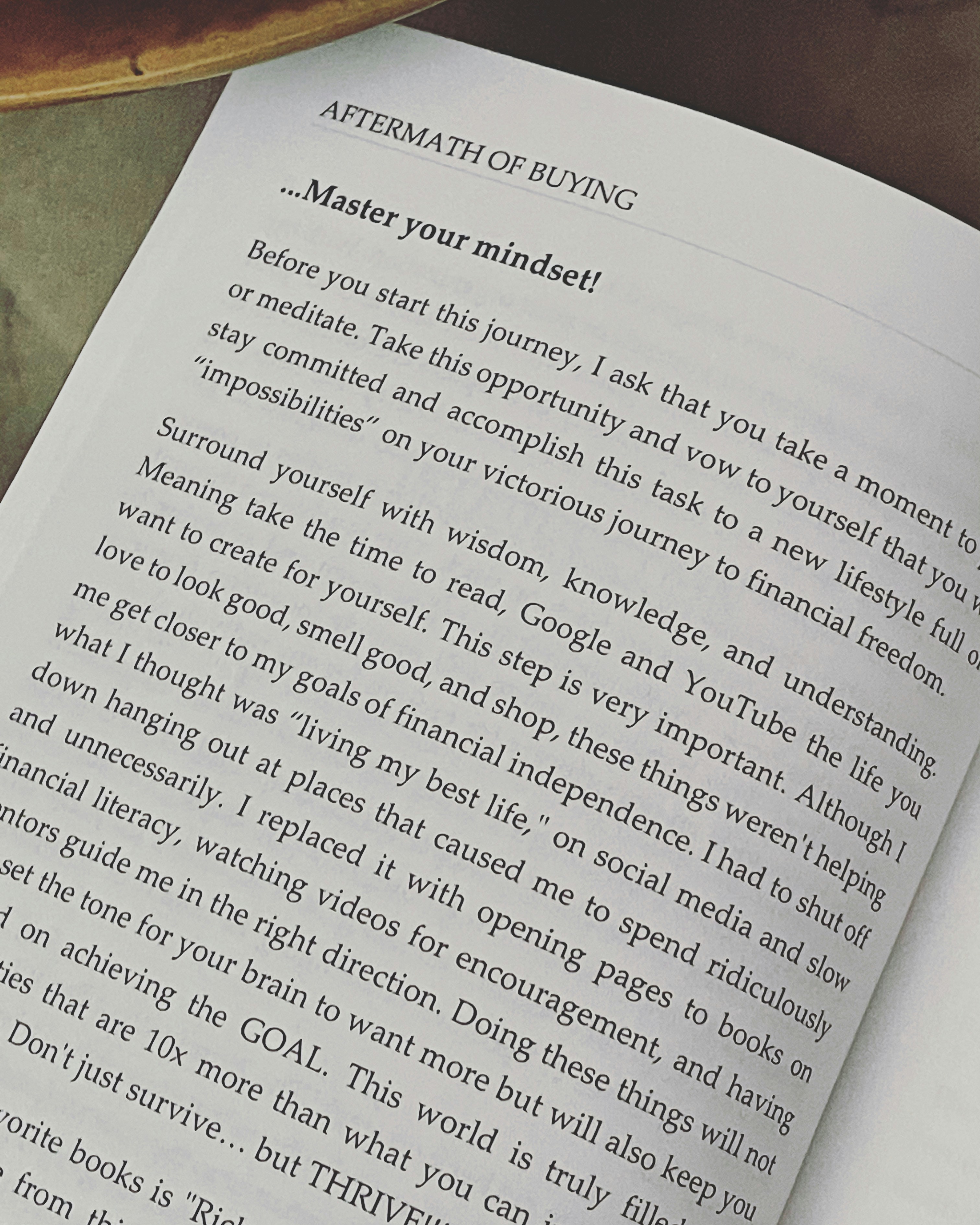Understanding Revenge Bedtime Procrastination
Revenge bedtime procrastination is a behavioral phenomenon characterized by individuals delaying their sleep to indulge in leisure activities, predominantly utilizing screens for an extended period. This tendency to prioritize personal enjoyment during late-night hours often stems from a compensatory motivation to reclaim free time that may have been lost during a demanding day filled with work obligations or responsibilities. Such procrastination is not merely an act of choosing entertainment over sleep; it is emblematic of a broader psychological response to the struggle for balance in one’s personal and professional life.
In recent years, this behavior has become increasingly pronounced, particularly due to amplified work demands and the shifts ushered in by remote work arrangements. As the boundaries between professional and personal time have blurred, many individuals find themselves working longer hours and experiencing heightened stress. Consequently, the desire to carve out time for oneself has given rise to revenge bedtime procrastination, as people seek to reclaim their autonomy and leisure after a day filled with commitments.
The psychological underpinnings of this phenomenon reveal deep-seated issues related to time management, self-care, and boundaries. When individuals engage in revenge bedtime procrastination, they often report feelings of guilt or anxiety surrounding their sleep habits, knowing that depriving oneself of rest can be detrimental to overall well-being. Despite this awareness, the allure of screen time—whether through social media, streaming services, or gaming—can be overwhelming, providing a temporary escape from daily stressors.
This cycle of delaying sleep for leisure can create a paradox where individuals sacrifice their health in pursuit of personal enjoyment, leading to negative outcomes such as sleep deprivation, impaired cognitive function, and increased irritability. Understanding revenge bedtime procrastination is crucial in addressing these issues effectively and fostering healthier sleep habits amidst a continually evolving work environment.
The Psychology Behind Procrastination
Procrastination is a common behavior, often stemming from complex psychological factors. In the context of bedtime, individuals may find themselves engaged in activities such as scrolling through their phones or engaging with digital content, not merely due to a desire for entertainment, but rather as a coping mechanism for daily stressors. Throughout the day, many feel overwhelmed by the demands of work, social obligations, and personal challenges. This accumulation of stress can lead to feelings of anxiety and a sense of lack of control over one’s circumstances.
For many, the nighttime becomes a sanctuary, a rare moment of autonomy that allows individuals to escape from their responsibilities and decision fatigue. During the day, they may feel constrained and burdened, making bedtime the only opportunity to reclaim a sense of agency. In this light, nighttime procrastination takes shape as a form of self-care, albeit an unhealthy one, where individuals turn to scrolling or binge-watching as a means to unwind. This behavioral pattern may provide a fleeting sense of enjoyment or satisfaction, contributing to its appeal.
Moreover, engaging in procrastination at night may create a cycle of guilt and anxiety. While individuals may initially find solace in these nighttime distractions, the resulting lack of sleep leads to increased fatigue and stress the following day. This, in turn, can prompt the need for further procrastination at night, as they seek more moments of reprieve. Thus, the link between procrastination and nightly routines illustrates how deeply intertwined psychological factors can perpetuate behaviors that ultimately hinder well-being. Recognizing this cycle is crucial for understanding the motivations behind bedtime procrastination and for seeking healthier coping strategies.
The Appeal of Late-Night Scrolling
Late-night scrolling has become an increasingly common pastime, particularly in the modern digital age where access to content is virtually limitless. The appeal of indulging in social media or binge-watching shows late at night can be attributed to several psychological and physiological factors that engage users and pull them deeper into the virtual world.
Firstly, the thrill of new content cannot be understated. Social media platforms constantly refresh with updates, videos, and posts tailored to individual preferences. This abundance of fresh material creates a sense of anticipation, compelling users to scroll in search of the next exciting piece of content. Each swipe or click can lead to a novel experience, igniting curiosity and fostering a form of addictive behavior. The fear of missing out (FOMO) plays a critical role as well, driving individuals to remain connected to their networks and current trends, even when they should be asleep.
Moreover, the relationship between scrolling and dopamine release is a significant factor that enhances its appeal. Engaging with social media, whether through liking a post, sharing content, or receiving notifications, activates the brain’s reward system, releasing dopamine—a neurotransmitter associated with pleasure and satisfaction. This biochemical reward reinforces the behavior, enticing individuals to continue scrolling late into the night, as they chase the next high associated with digital interactions.
Explore Our Powerful Magic Spells
Choose a spell that suits your needs and experience real results today!
Additionally, many find that late-night scrolling serves as a temporary escape from reality. After a long day filled with responsibilities and stressors, immersing oneself in a digital world can provide solace and distraction. This form of escapism may lead to extended hours spent awake, as individuals prioritize their online engagement over rest, unaware of the long-term repercussions associated with sleep deprivation.
Health Consequences of Revenge Bedtime Procrastination
Revenge bedtime procrastination, a phenomenon increasingly recognized in modern society, can lead to a constellation of health issues stemming from insufficient sleep. In many cases, individuals sacrifice precious hours of rest to carve out personal time in the late hours of the night. This decision, while seemingly harmless, often results in significant fatigue the following day. Individuals may find themselves struggling to maintain focus, feel irritable, and experience a notable decline in productivity as their bodies suffer from the effects of sleep deprivation.
The cognitive and emotional toll of inadequate sleep is far-reaching. Research indicates that prolonged nights of reduced sleep can contribute to mood disorders, including anxiety and depression. Irritability, a common symptom, can strain personal and professional relationships, creating a cycle of stress and further sleep disruption. As fatigue mounts, individuals may also resort to unhealthy coping mechanisms, such as increased caffeine consumption or irregular eating habits, which can exacerbate mental health challenges.
Moreover, the long-term consequences of chronic sleep deprivation associated with bedtime procrastination can lead to serious health conditions. Poor sleep quality has been linked to obesity, diabetes, and cardiovascular diseases, largely due to disrupted hormonal balance and the body’s inability to repair itself during essential sleep stages. The accumulation of stress from both personal inadequacies and resulting health issues can create a vicious cycle, making breaking free from this pattern increasingly difficult.
As awareness of revenge bedtime procrastination grows, it is imperative to recognize the myriad ways it can impact overall health. Making conscious choices to prioritize sleep can greatly enhance both physical and mental well-being, breaking the cycle and promoting a more balanced lifestyle.
Identifying Triggers for Procrastination
Understanding the underlying triggers for revenge bedtime procrastination is crucial to address this increasingly common behavior. Procrastination at night often arises from a combination of work-related stressors, technological influences, and various emotional factors. By recognizing these triggers, individuals can better comprehend their habits and make informed decisions to improve their nighttime routines.
One significant trigger is work-related stress. Many individuals find that the demands of their jobs often spill over into their personal time, leaving little room for relaxation. This leads to a desire to reclaim some personal time at night by engaging in leisure activities such as scrolling through social media or watching television. However, this coping mechanism often results in sacrificing much-needed sleep. Recognizing that work stress can trigger procrastination is the first step towards managing one’s evening activities more effectively.
Additionally, the pervasive influence of technology cannot be overlooked. The sheer accessibility of content on various digital platforms encourages prolonged screen time. Social media, streaming services, and online news are designed to maximize engagement, often leading individuals to fall into the trap of mindless scrolling. This phenomenon becomes more pronounced at night when users seek entertainment or distraction, thus further delaying their bedtime. By identifying and understanding the seductive pull of technology, one can set boundaries to mitigate its impact on their nightly routine.
Lastly, emotional factors such as anxiety, loneliness, or even boredom can significantly drive individuals towards procrastination activities late at night. When individuals feel unsettled or uninterested, they may turn to screens for comfort or distraction. Reflecting on these emotional patterns can help individuals identify their personal triggers and challenge the habits contributing to their revenge bedtime procrastination.
Strategies to Combat Nighttime Procrastination
Bedtime procrastination, often driven by the desire to reclaim personal time at the end of the day, can lead to detrimental effects on sleep quality and overall well-being. To counteract this habit, several practical strategies can be implemented to foster a healthier relationship with both technology and sleep.
💰 Powerful Spells for Wealth & Prosperity
Attract money, success, and financial abundance with real magic spells that bring results fast.
Firstly, establishing a consistent bedtime routine is crucial. This routine should ideally begin an hour before sleep, gradually signaling to the body that it is time to wind down. Activities such as reading, meditative practices, or gentle stretching can replace time spent on screens, promoting relaxation and readiness for sleep. A routine not only helps in reducing screen time but also reinforces the importance of prioritizing sleep as a vital aspect of personal health.
Creating a technology-free zone in the bedroom is another effective strategy. This includes not only keeping devices like smartphones and tablets away but also reducing exposure to blue light, which can interfere with the body’s natural sleep cycle. By designating the bedroom as a sanctuary for rest and relaxation, individuals can minimize distractions and reinforce the connection between the space and sleep.
In addition to these changes, prioritizing self-care activities is essential. This may involve engaging in hobbies that do not require technology, such as journaling or taking a warm bath. By directing focus away from screens and towards enriching activities, one can alleviate the urge to procrastinate as bedtimes approach.
Setting specific limits on screen time can also aid in combatting bedtime procrastination effectively. Utilizing tools such as apps to monitor and restrict usage during late hours can create understanding and accountability. By recognizing the tendency to browse social media or consume content impulsively, individuals can develop healthier habits that align with their bedtime routines.
Creating a Relaxing Nighttime Environment
Establishing a soothing nighttime environment is fundamental in enhancing overall sleep quality, especially for those experiencing revenge bedtime procrastination. A calming atmosphere promotes relaxation and makes it significantly easier to transition into a restful sleep state. Key elements to consider in this process include temperature control, lighting, and noise reduction.
First and foremost, maintaining an optimal bedroom temperature is crucial. Research suggests that a cooler room, preferably between 60-67 degrees Fahrenheit (15-19 degrees Celsius), can facilitate the body’s natural cooling process, which is vital for falling asleep. Not only does this enhance comfort, but it also supports deeper sleep cycles, leading to more restorative rest overall.
Lighting plays an equally important role in creating a tranquil space. Dimming the lights as bedtime approaches signals to the body that it is time to wind down. Utilizing warm-toned bulbs or smart lighting options that can gradually decrease brightness can create a serene ambiance. Moreover, eliminating exposure to screens at least an hour before bed is recommended, as the blue light emitted can disrupt the production of melatonin, a hormone essential for sleep regulation.
Noise reduction is another critical factor to address for an optimal sleep environment. Establishing a quiet space where distractions are minimized can foster better sleep. Consider using sound machines or white noise apps if external disturbances are unavoidable. Nevertheless, individuals may also explore relaxation techniques such as meditation, calming music, or reading engaging yet non-stimulating literature to help shift their minds from the day’s activities to a more peaceful state. These practices not only contribute to relaxation but also signal the brain to connect these activities with sleep, making it easier to embrace biting the scrolling habit.
Seeking Professional Help
The phenomenon of revenge bedtime procrastination has garnered significant attention due to its impact on individuals’ sleep patterns and overall well-being. While the occasional late-night scrolling may not warrant concern, persistent engagement in this behavior may indicate the need for professional assistance. If you find that your habitual tendency to delay sleep in favor of digital distractions is affecting your day-to-day functioning, it may be time to consult a mental health professional.
There are several scenarios in which seeking therapy or counseling could be beneficial. For instance, if your procrastination is linked to feelings of anxiety, depression, or overwhelming stress, a professional is equipped to help you uncover underlying psychological issues. In these cases, therapy can provide a safe space to explore your feelings, establish coping mechanisms, and develop healthier bedtime routines. Cognitive Behavioral Therapy (CBT) is particularly effective in addressing procrastination by reshaping negative thought patterns and behaviors.
Additionally, if your revenge bedtime procrastination is significantly impairing your ability to perform at work or maintain personal relationships, seeking help should be prioritized. It is vital to recognize that sleep deprivation can lead to a multitude of problems, including cognitive decline, impaired decision-making, and decreased productivity, all of which can further compound stress and anxiety. Thus, addressing these issues with a qualified professional can serve not only to improve your sleep but also to enhance your overall quality of life.
In essence, while it can be easy to overlook the habit of scrolling late into the night, it is crucial to recognize when it has escalated into a pattern that requires intervention. By seeking professional help, you can take proactive steps toward alleviating the negative impact of revenge bedtime procrastination on your health and well-being.
Conclusion: Finding Balance Between Leisure and Sleep
In today’s fast-paced world, the struggle to balance leisure activities with adequate sleep has become increasingly evident, especially when it comes to the habit of nighttime scrolling. Revenge bedtime procrastination often acts as a diversion from daytime responsibilities, allowing individuals to reclaim control over their leisure time. However, this choice can inadvertently jeopardize the quality and duration of much-needed restorative sleep. The lure of screens late at night, whether through social media, streaming services, or news apps, can lead to excessive screen time that negatively impacts mental and physical well-being.
Engaging in nighttime procrastination not only disrupts sleep patterns but also compromises overall health. Research has consistently shown that inadequate sleep can lead to a myriad of issues, ranging from impaired cognitive function to increased stress levels. When leisure activities extend late into the night, the temptation to scroll becomes harder to resist, often resulting in a cycle of sleep deprivation that can be detrimental to both personal and professional lives.
To foster a healthier relationship with leisure and rest, individuals must become more conscious of their nighttime habits. Setting boundaries for screen time, developing a wind-down routine, and prioritizing activities that promote relaxation are crucial steps in mitigating the negative effects associated with excessive screen consumption. Simple practices, such as designating time for reading, meditation, or gentle stretching before bed, can significantly enhance the quality of sleep, thereby improving overall well-being.
Ultimately, striking a balance between leisure pursuits and the necessity of restorative sleep is essential. By making mindful choices, individuals can create an environment that supports both relaxation and health, promoting a fulfilling lifestyle that values well-being while still allowing for enjoyment in daily activities.









